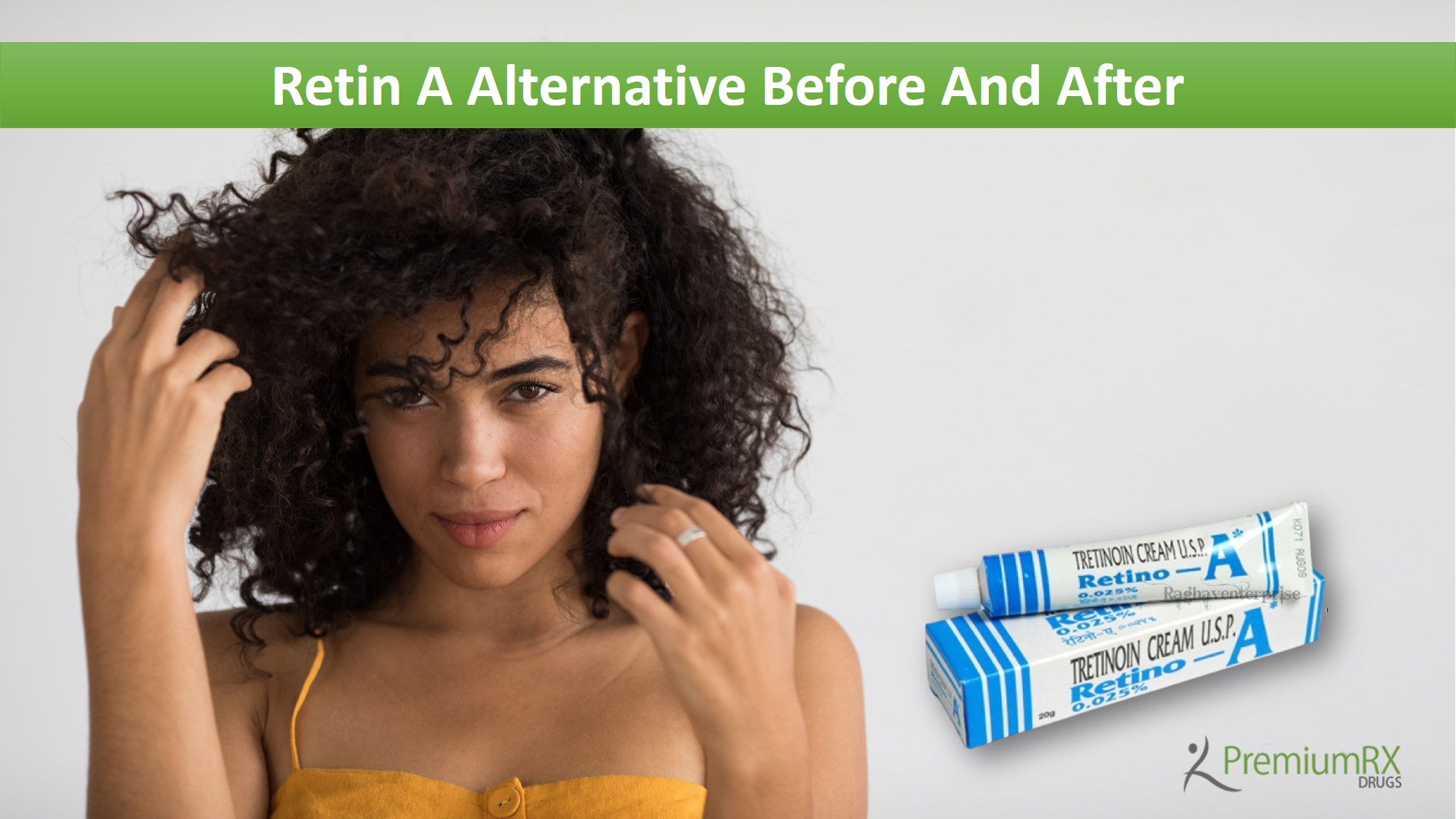If you are facing acne, wrinkles, hyperpigmentation, and other skin issues, your dermatologist may recommend a Tretinoin preparation called Retin A.
Retin A- The Secret to Clear Skin
Retin A plays a crucial role in treating acne because it can inhibit the formation of microcomedones and inflammatory lesions. Acne is a common disease affecting 80 to 85% of adolescents worldwide, and around 15 to 30% require intense medical treatment. Tretinoin cream recommendation is useful in obtaining the best results in most cases of acne vulgaris. The formulation is equally effective against other skin concerns and is considered a gold standard of anti-aging topical solutions. It has been proven effective in reducing signs of aging, including wrinkles, fine lines, and dullness caused by decreased collagen production.
The dermatologist has consistently prescribed tretinoin treatment for most patients with acne. The efficacy is based on evidence from research studies that the drug has a working mechanism that directly targets acne and reduces its appearance. Retino A cream effectively controls acne breakouts because it is active against comedones and inflammatory lesions. It has been a mainstay of acne treatment for 25 years. The drugs are supplied in different concentrations, and all are effective as single agents for treating mild to moderate acne, but their efficacy and tolerability differ. Tretinoin contains retinoids that are the core of topical therapy for acne because they are comedolytic, anti-inflammatory, and allow stubborn acne for skin clearance.
Get ready for the best results with Retin A
Several approaches control acne, sagging skin, age spots, and fine lines. Some topical products contain salicylic acid or benzoyl peroxide, which works to open clogged pores. However, in more severe cases, topical or oral antibiotics combined with pore cleansers are used to control acne and other skin concerns. Tretinoin preparation works differently. The topical cream contains retinoids, which are vitamin A derivatives and are considered extremely effective in treating black and whiteheads. Its regular applications promote the production of new skin cells and the elimination of dead skin cells, unclogging the blocked pores. This prevents the formation of new blackheads and whiteheads.
Tretinoin medication is marketed under the popular brand Retin A, one of the best-selling retinoid formulations worldwide. The product is supplied in the form of both cream and gels. Irritation may occur; therefore, precautions must be taken when starting the treatment. Tretinoin also increases the risk of sunburn, so avoid exposure to sunlight when applying Retino A cream.
Get the best results with Retin A
The biggest tip to remember while using a Tretinoin preparation is consistency. Consistency plays a key role when it comes to effectively treating acne. Skipping the application will delay the results and cause your acne to appear back. With regular and consistent use, you can see the fastest results. You may need patience as the topical therapy takes time before a noticeable improvement in your skin. You may need to wait several weeks, sometimes more, to see the effects. Do not attempt to slather on more medication or apply more often than advised by your dermatologist. By applying more medication, you will only increase your chances of getting annoying side effects, and it will not clear up your acne any faster.
Moreover, during the treatment, you may get new breakouts, so at the time, there is no need to panic. As the treatment passes several weeks, breakouts will slowly become fewer. If you cannot see improvement in your acne even after using it for the recommended period, it is time to see your dermatologist.
Can Retin A cause problems?
Along with their useful effects, a tretinoin formulation can cause unwanted effects, although not everyone gets them. The most common ones associated with Retin A are redness, dry skin, skin peeling, itching, and irritation. You will find a full list of your dermatologist. These unwanted effects often improve as your body adjusts to the topical treatment. In case of persistent trouble, speak to your dermatologist.
Conclusion
Retinoids such as Retin A are widely used in skin medication and play a key role in treating skin issues, not just acne. These are used as the first-line treatment for many different skin conditions, and the treatment regime should be based on the individual’s condition. Tretinoin should be best used under a dermatologist’s supervision. Results may vary; some individuals may experience better effects than others with retinoid therapy. It is important not to forget that overuse could contribute to chronic skin dryness, discoloration, and irritation. If you experience these side effects, immediately speak to your dermatologist. Appropriate use may minimize its irritative effects.
Marie
Latest posts by Marie (see all)
- Eptoin 50mg Uses, Precautions and Side Effects - July 1, 2025
- Eyelash Goals Unlocked: Why Careprost Is the Ultimate Solution. - June 30, 2025
- Clopidogrel 75mg : Uses, Dosage, Side Effects, Interactions & More - June 30, 2025




